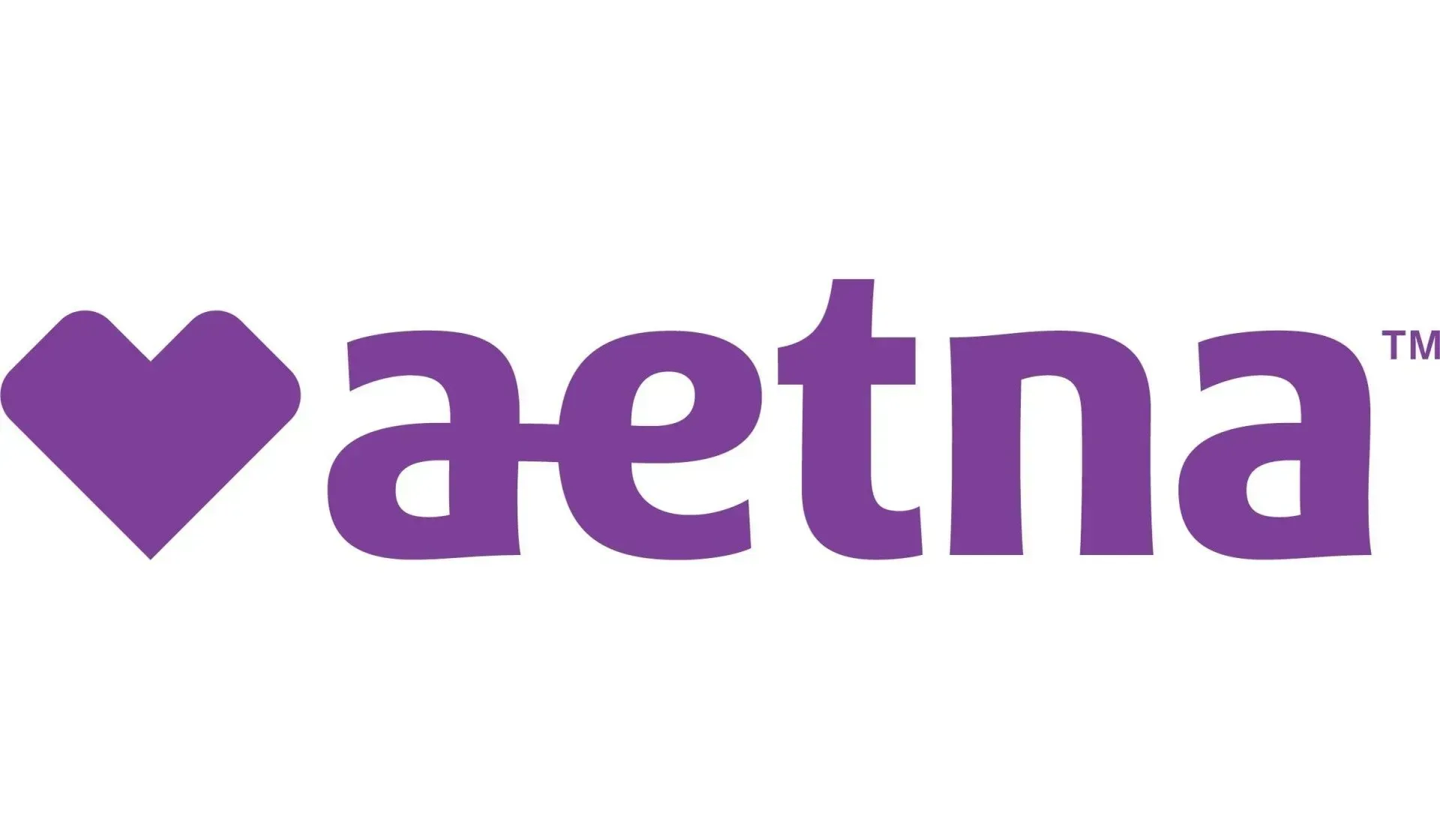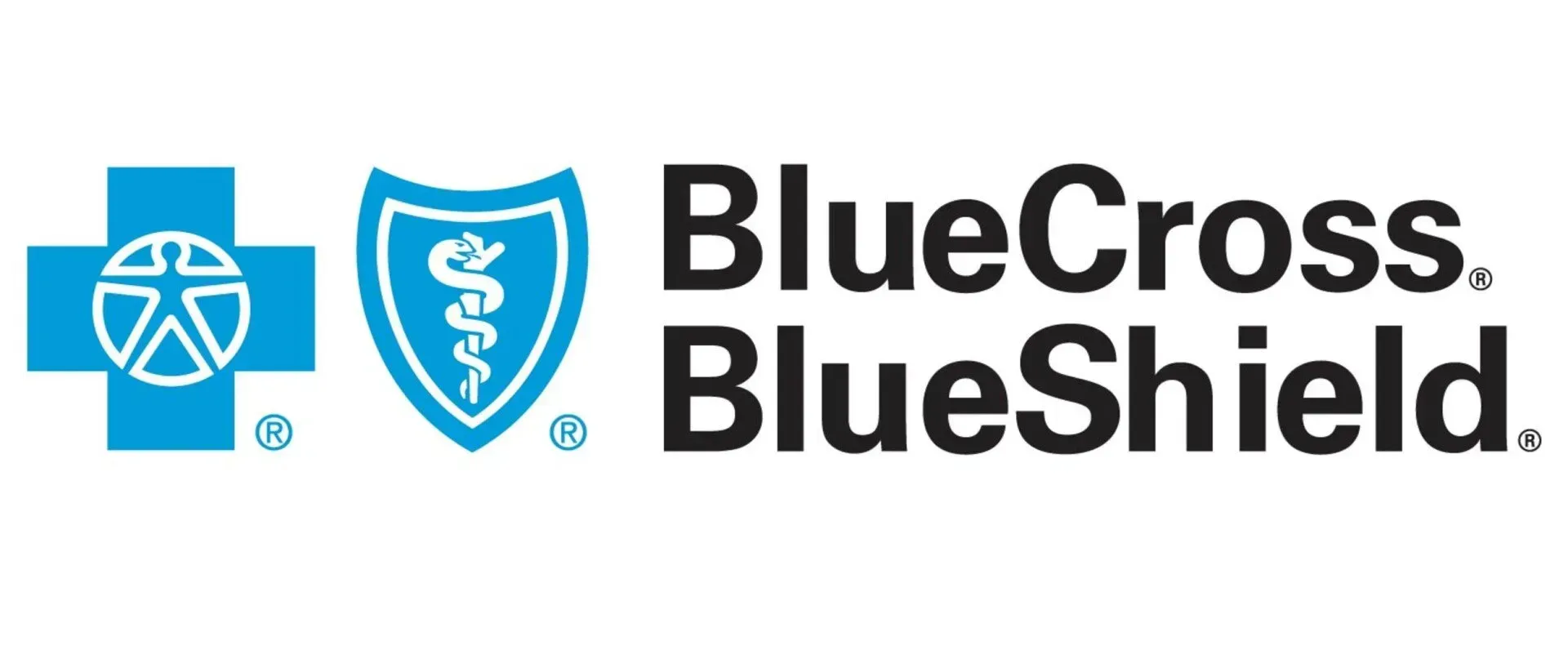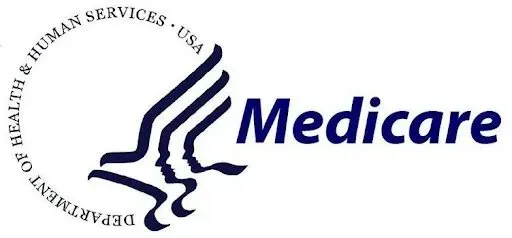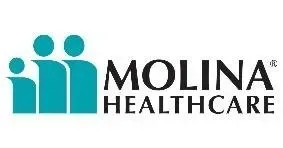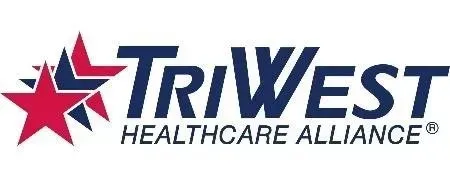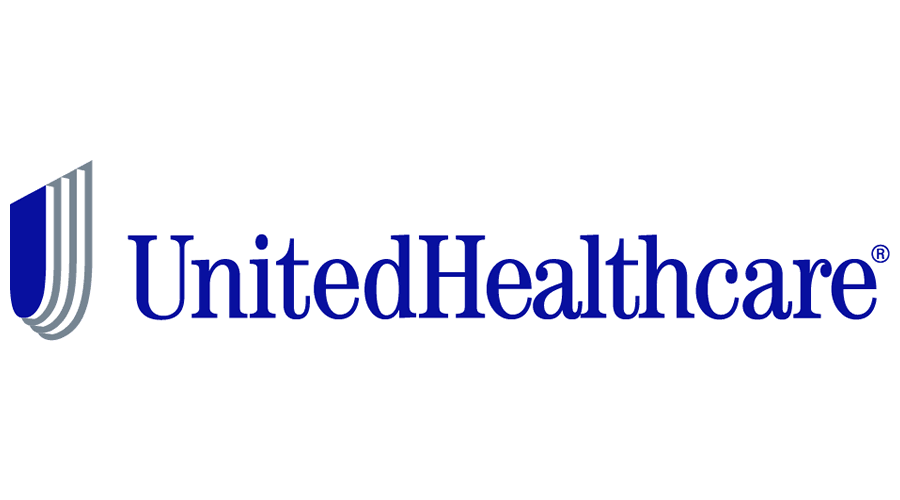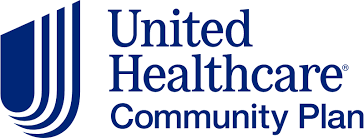Physical Therapist Accepted Insurances
Accepted Insurance Providers: Ensuring Accessibility to Quality Care
Break down barriers to quality care with CURE Physical Therapy's commitment to seamless access and exceptional treatment experiences. Our clinic is dedicated to prioritizing your healing journey by offering direct billing to a range of insurance providers, including Medicaid, Medicare, workers' compensation, and an array of others such as Priority Health and Molina Healthcare.
Say goodbye to insurance worries as you walk into our facility, knowing that our team will handle the billing intricacies, allowing you to focus solely on your wellness and rehabilitation process without the burden of administrative hassle. Experience the ease and convenience of receiving top-tier care without insurance-related complications at CURE Physical Therapy.
Get Acquainted with Key Insurance Terms
- Co-insurance: In indemnity, the monetary amount to be paid by the patient, usually expressed as a percentage of charges.
- Co-payment: In managed care, the monetary amount to be paid by the patient, usually expressed in terms of dollars.
- Consumer Driven Health Care (CDHC): Refers to health plans in which employees have personal health accounts such as a health savings account, medical savings accounts or flexible spending arrangement from which they pay medical expenses directly.
- Deductible: The portion of medical costs to be paid by the patient before insurance benefits begin, usually expressed in dollars.
- Denial: Refusal by insurer to reimburse services that have been rendered; can be for various reasons.
- Eligibility: The process of determining whether a patient qualifies for benefits, based on factors such as enrollment date, pre-existing conditions, valid referrals, etc.
- Exclusions: Services that are not covered by a plan.
- Flexible Spending Arrangements (FSAs): An account that allows employees to use pre-tax dollars to pay for qualified medical expenses during the year. FSAs are usually funded through voluntary salary reduction agreements with an employer.
- Gatekeeper: In managed care, it refers to the provider designated as one who directs an individual patient’s care. In practical terms, it is the one who refers patients to specialists and/or sub-specialists for care.
- Health Maintenance Organization (HMO): A form of managed care in which you receive your care from participating providers.
- Health Savings Account (HSA): A savings product that serves as an alternative to traditional health insurance. HSAs enable you to pay for current health expenses and save for future qualified medical and retiree health expenses on a tax-free basis.
- Managed Care: A method of providing health care, in which the insurer and/or employer (policyholder) maintain some level of control over costs and utilization by various means. Typically refers to HMOs and PPOs.
- Member: A term used to describe a person who is enrolled in an insurance plan; the term is used most frequently in managed care.
- Open Enrollment: A set time of year when you can enroll in health insurance or change from one plan to another without benefit of a qualifying evening.
- Out-of-pocket: Money the patient’s pays toward the cost of health care services.
- Payer: The party who actually makes payment for services under the insurance coverage policy. In the majority of cases, the payer is the same as the insurer. But, as in the case of very large self-insured employers, the payer is a separate entity under contract to handle the administration of the insurance policy.
- Policyholder: Purchaser of an insurance policy; in group health insurance, this is usually the employer who purchases policy coverage for its employees.
- Preferred Provider Organization (PPO): A form of managed care in which the member has more flexibility in choosing physicians and other providers. The member can see both participating and non-participating providers. There is a greater out-of-pocket expense if member sees non-participating providers.
- Premium: The cost of an insurance plan shared by employer and employee.
- Provider: One who delivers health care services within the scope of a professional license.
- Reimbursement: Refers to the payment by the patient (first-party) or insurer (third-party), to the health care provider, for services rendered.
Reference: www.apta.org

Curious About How Insurance Processes Work?
Navigating pain management shouldn't be complicated, and at CURE Physical Therapy, we strive to simplify the process for our clients. With our broad coverage and direct billing services, payment concerns are minimized. When booking your appointment, share your insurance details with our team for verification and benefits explanation, ensuring a smooth experience. If questions arise, our dedicated team is just a call away. Streamline your care journey by reaching out to us today for the superior treatment you deserve.


